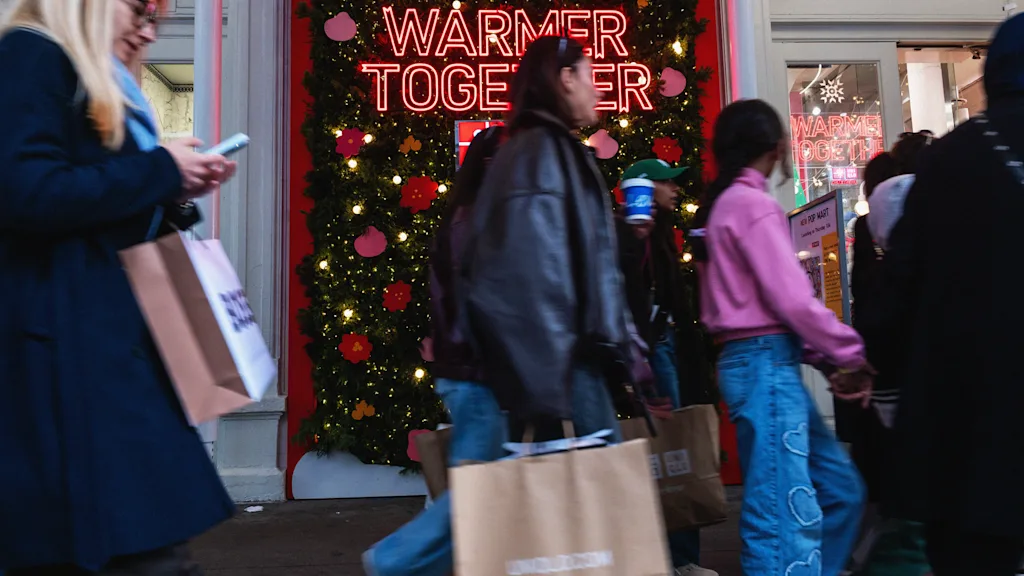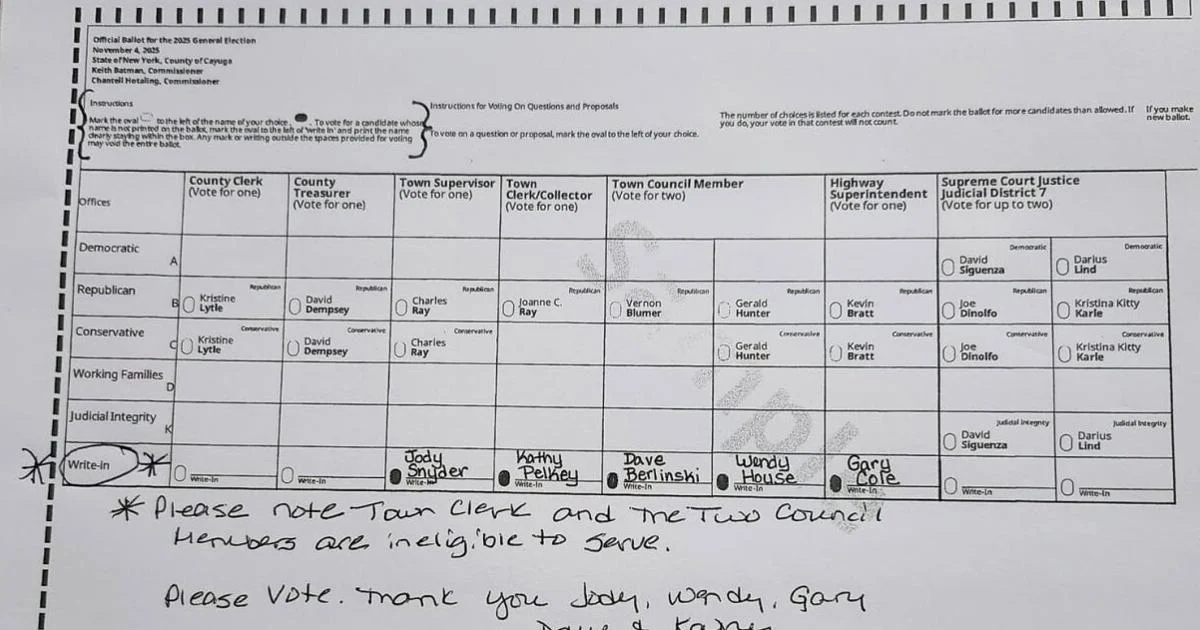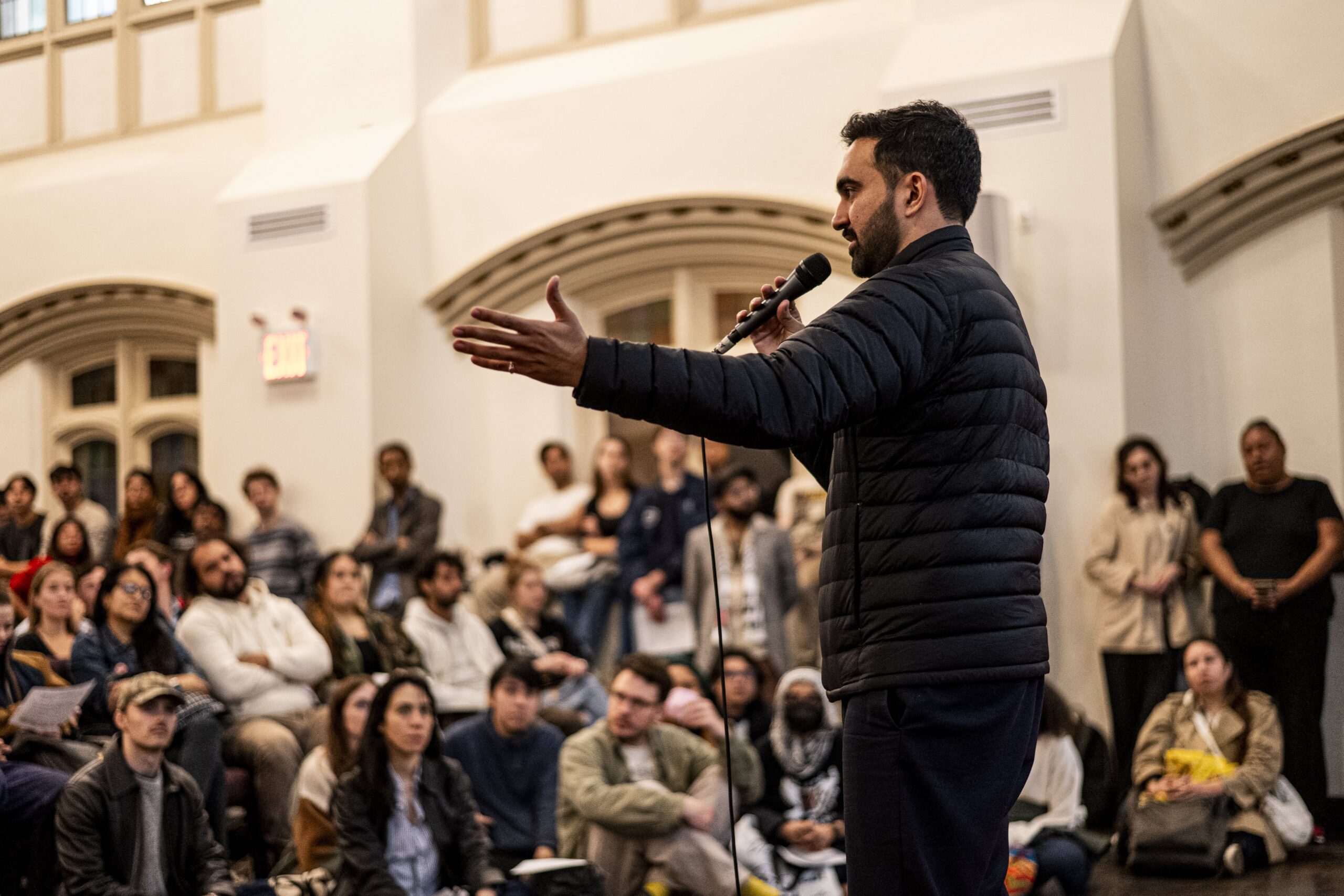Copyright Inc. Magazine

Business owners have spent most of 2025 grappling with economic uncertainties. Chief among those are questions about the effects that import tariffs may have on their own costs, and on their customers’ pocketbooks by possibly driving the current 3 percent inflation rate higher. Just how much — or little — consumers wind up spending this holiday season will likely either reinforce or dispel some of those doubts, but don’t look to current indicators for a consensus on how that will play out. In uncertain economic times, optimism about business prospects can be as much a result of psychological will as a logical conclusion drawn from empirical evidence. That upbeat determination appears at least in part behind the recent forecast from the National Retail Federation (NRF), which anticipates year-end spending will top $1 trillion for the first time ever. But for holiday season sales to increase between 3.7 percent to 4.2 percent over last year’s $976.1 billion as the NRF expects, shoppers are going to have to rebound from the near-record level of pessimism many are currently mired in. Indeed, the University of Michigan’s confidence index for November found consumer sentiment dropped over 3 percent since October, nearly matching the historic low of 50 points in June 2020 as skyrocketing inflation drove prices up. Meanwhile, a September poll by consultancy PwC found 84 percent of respondents expected to decrease spending by an average 5 percent through 2025 compared to last year, with projected cutbacks biggest among younger participants. Part of the NRF’s conviction that shoppers’ mood will bounce back in coming weeks is based on its own research. Its poll of consumers found respondents planning to spend $890.49 per person on average this holiday season, the second-highest level in the trade group’s 23 years of those surveys. The organization also expects retailers to hire between 265,000 and 365,000 workers to help ring up those higher 2025 sales, though it says recruitment will be lower than the 442,000 seasonal employees signed on last year. Featured Video An Inc.com Featured Presentation Skeptics might suspect the NRF relied on excessive optimism in making its forecasts for year-end 2025, but the organization isn’t alone in anticipating stronger activity. For example, Gallup recently reported consumers answering its October poll saying they intend to spend an average $1,007 per respondent on year-end gifts, decoration, and food — considerably more than the NRF’s forecast. Meanwhile, consultancy Deloitte says it anticipates holiday spending to reach $1.61 trillion to $1.62 trillion, nearly half a billion more than the NRF’s estimate. There were other instances where the NRF’s optimism similarly fell short of other observers. Late last month, executive outplacement company Challenger, Gray & Christmas predicted retailers will only add 500,000 seasonal positions this holiday season — what it called the lowest level of year-end hiring since 2009. But even that downward recruitment estimate outstrips the NRF’s outlook by at least 135,000 hires. That modest NRF seasonal jobs forecast takes into account sluggish national hiring rates over the past six months. It also factors in tariff concerns and persistent higher inflation — both sources of doubt among business leaders and households about the economy’s continued health. Yet NRF president and CEO Matthew Shay believes resilient growth and consumer spending that have continued this year despite those worries will also lift this holiday season’s sales. “American consumers may be cautious in sentiment, yet remain fundamentally strong and continue to drive U.S. economic activity,” Shay said in comments announcing the NRF’s forecast. “We remain bullish about the holiday shopping season and expect that consumers will continue to seek savings in nonessential categories to be able to spend on gifts for loved ones.” But for that to happen, the NRF acknowledges that consumers will need a big assist from the nation’s political leaders. Effects from the continuing government shutdown are not only disrupting travel plans and creating doubts about what people can expect for Thanksgiving, Christmas, and other year-end holidays. The stoppage is also reaching directly into millions of consumers’ pockets by blocking salaries paid to federal employees and private contractors — and businesses they frequent as customers — and cutting off food stamps to needier households. Those factors played a big role in the plunge of consumer confidence across various categories in the University of Michigan’s November poll. “Consumer sentiment fell back about 6 (percent) this November, led by a 17 (percent) drop in current personal finances, and a 11 (percent) decline in year-ahead expected business conditions,” said Joanne Hsu in announcing the findings. “With the federal government shutdown dragging on for over a month, consumers are now expressing worries about potential negative consequences for the economy.” What are retailers themselves expecting this holiday season? According to a Next Insurance survey of 1,500 business owners, 49 percent expect to see profits increase, compared to 55 percent at the same time last year. Major concerns respondents voiced were continued rises in inflation, and worries about the economy amid slowing demand. Those mixed yet guardedly hopeful views were also echoed in comments to a recent thread on social media platform Reddit, which asked retailers for their views on year-end profits. “I’ve been seeing a lot of mixed signals in retail,” answered redditor Flimsy_Guarantee_410. “Some are cautiously optimistic about holiday sales, but everyone seems to be planning more conservatively than usual. The wait and see approach seems really common right now.” Another store owner reported having a better year than in 2024 — but noted last year’s holiday season results were poor. That reflected what that redditor called a wider inconsistency in small retailers’ results since the pandemic. “I think some businesses have been drunk on COVID and this is a bit of a hangover,” said Specific-Peanut-8867. “There was a LOT of money thrown around in that short period of time…and certain industries really benefited a lot from it (i’m not saying that none were hurt).” And this being holiday season 2025, it was probably inevitable that at least one contributor tied any weaker sales or profit that smaller retailers may suffer directly back to politics. “Not surprised in the slightest,” said Ok-Turnover207 of redditors reporting timid sales heading into the holiday season. “How’s anyone supposed to make a profit with this clown show adding tariffs every 2 minutes?”



